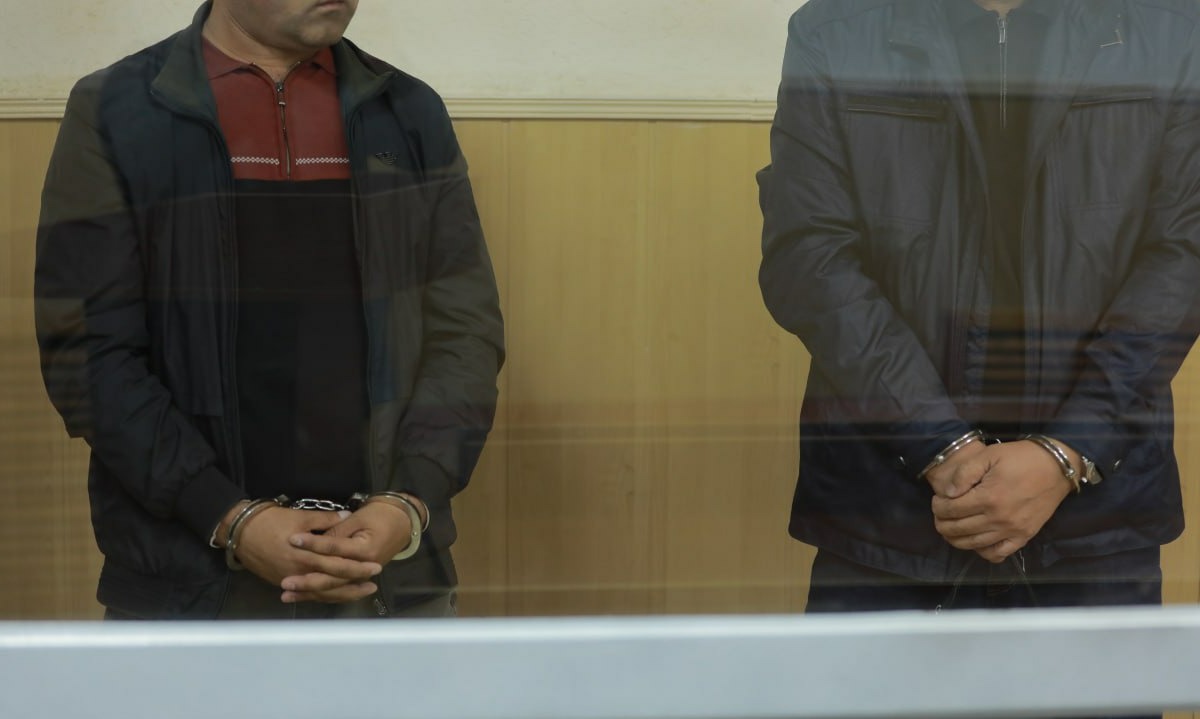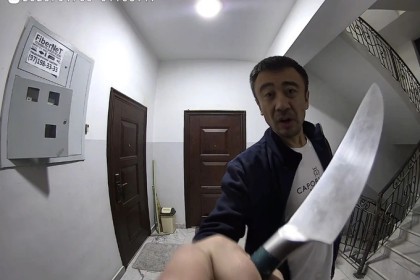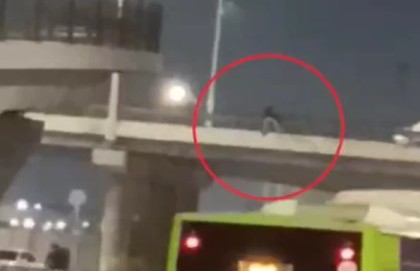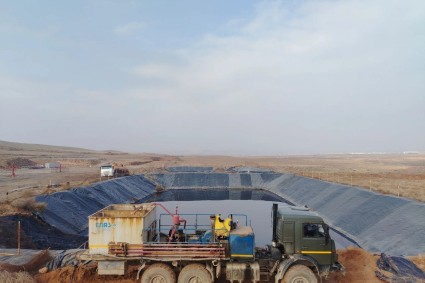On 2 December, on the International Day for the Abolition of Slavery, the US Department of the Treasury’s Office of Foreign Assets Control (OFAC) sanctioned two former officials and an ex-director of a state-run orphanage in Uzbekistan who were involved in human trafficking and gender-based violence at the orphanage in Urgench, Khorezm province.
The former director of the state-run orphanage Yulduz Khudaiberganova, 45, as well as the former heads of the Khorezm Provincial Justice Department Aybek Masharipov, 45, and the Yangiaryk District Emergency Department Anvar Kuryazov, 40 are accused of “human trafficking and gender-based violence, including physical and sexual abuse of children”.
“During their tenure as government officials, Yulduz Khudaiberganova, Anvar Kuryazov, and Aybek Masharipov participated in repeated physical abuse, sexual assault and trafficking of orphan children. At the time, Khudaiberganova was the director of a state-run orphanage, Masharipov was the head of the Khorezm Provincial Justice Department, and Kuryazov was the head of the District Emergency Department. For at least 10 months, Khudaiberganova forced at least three underage girls to engage in sexual acts with at least six different men in exchange for funds and goods. Khudaiberganova used various coercive tactics to ensure the girls' compliance, including physical beatings, threats, starvation and isolation from their peers. Both Masharipov and Kuryazov demanded sexual access to orphans in compensation for „gifts“ they provided to the orphanage,” the statement noted.
All three individuals are being designated pursuant to Executive Order (E.O.) 13818, which builds upon and implements the Global Magnitsky Human Rights Accountability Act and targets perpetrators of serious human rights abuse around the world.
As a result of this action, all property and interests in property of the designated persons that are in the United States or in the possession or control of US persons are blocked and must be reported to OFAC. In addition, any entities that are owned, directly or indirectly, individually or in the aggregate, 50 percent or more by one or more blocked persons are also blocked.
Concurrently, these individuals are subject to visa restrictions by the US Department of State.
“Today's action highlights the tragic consequences when government officials leverage their power and position to perpetuate a system of gender-based violence and human trafficking,” acting under Secretary of the Treasury for Terrorism and Financial Intelligence Bradley T. Smith said.
Khorezm case
In September 2022, a court in Khiva district of Khorezm province sentenced Yulduz Khudayberganova to 5.5 years in prison, while the two men were given only 1.5 years of restricted freedom, meaning they could not leave their homes from 10 PM to 6 AM and change the place of residence without permission of the police.
The public of Uzbekistan learned about the case only in March 2023, after Nemolchi.uz, a project against violence, reported about this. After the wide condemnation the case was sent for new consideration by the court.
In November 2023, the appeals court sentenced the two ex-officials to 3 years in prison — a maximum sentence under then acting old articles of the Criminal Code, which have since then been strengthened.
Nemolchi.uz founder Irina Matviyenko voiced concern whether the actions of the sentenced had been qualified correctly, stating that girls were in a dependent state and could not give give full consent for sex, thus the actions should have been qualified as “criminal conspiracy and gang rape of minors”. Under these articles, they could have got up to 15 years in prison.
Deputy prosecutor general Svetlana Artikova at that time said the court applied correct articles of the Criminal Code. The facts of rape had not been proven, she stated.
The law, named after Russian lawyer Sergey Magnitsky, was enacted in 2012 to punish individuals involved in his death while in pre-trial detention. Four years later, the law was expanded into the Global Magnitsky Act, enabling the United States to impose visa and financial restrictions on human rights violators and corrupt individuals worldwide.















